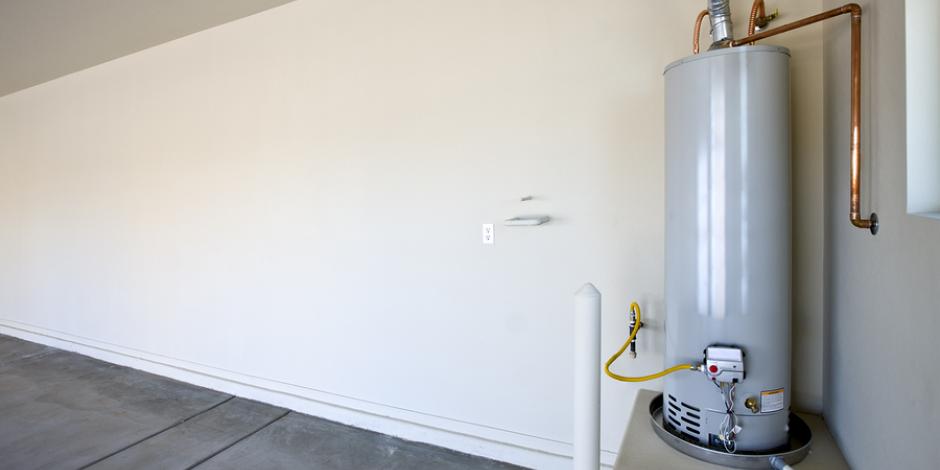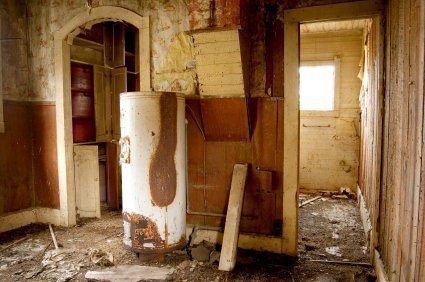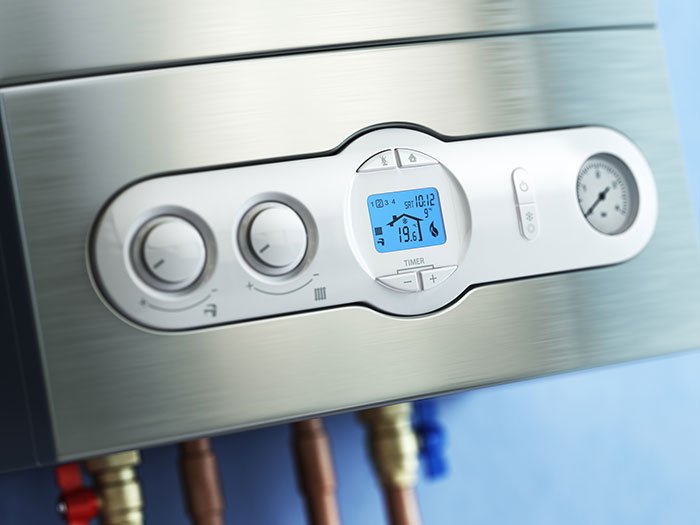How To Choose The Best Water Heaters
Factors That Can Cause Premature Water Heater Failure
Water heaters represent one of the most important and highly used of all home appliances. Not only do they supply you with hot water for bathing and cleaning, but they also enable other key appliances to do their job, such as washing machines and dishwashers. A water heater must be constructed to withstand the rigors of hard daily use.
The general reliability of water heaters leads many people to take them for granted, putting off regular maintenance and servicing until it is too late. Unfortunately, this can lead to premature failure and other expensive problems. If you would like to improve your knowledge of water heater maintenance, read on. This article will discuss two quiet killers of neglected water heaters.
1. Mineral Sediment
With very few exceptions, all water contains a certain proportion of mineral content. This content is generally comprised of minerals like calcium and magnesium. When present in concentrations equal to or greater than 60 parts per million, such minerals will earn the hard-water designation.
Hard water is characterized by its tendency to leave behind whitish deposits on sinks, tubs, and plumbing fixtures. These deposits can become problematic as they build up over time. This is doubly true where water heaters are concerned. Even for those with relatively soft water, mineral build up can present difficulties if it’s not dealt with on a regular basis.
The high temperature inside a water heater acts to accelerate the process of mineral build up. Over time, a layer of solid mineral sediment will accumulate on the bottom of the tank. This sediment absorbs heat that ought to be warming the water inside of the tank. As a result, your water heater will have to run for a much longer time in order to achieve the desired water temperature.
This increases the overall wear and tear being placed on the heater — often leading to premature failure of the heating element. The good news is that you can avoid sediment-related problems by having a professional flush your water heater once a year or so. Not only will this prolong the life of your heater, but it will allow it to do its job more efficiently — cutting down on your energy consumption.
2. Internal Corrosion
Corrosion represents a serious threat to water heaters for the simple reason that they spend their entire lives being exposed to the most common cause of corrosion — water. Moreover, the corrosive properties of water are amplified by the high temperatures inside of a water heater tank. Without adequate protection, corrosion would soon chew right through the sidewall of a heater.
This protection comes in the form of the component known as an anode rod. This vital component literally sacrifices itself to protect your tank from corrosion. It consists of a steel wire coated in a combination of magnesium and aluminum metals. These soft metals provide a much more appealing target for corrosion than steel. As long as your anode rod remains good, your tank will be protected.
The key thing to realize is that an anode rod will gradually be reduced in size as corrosion continues to eat away at it. Eventually, only the inner steel wire will remain. At that point, corrosion begins attacking your tank once more. Left unchecked, that corrosion will lead to weak spots in the tank walls, which opens the door to leaks and ruptures.

How do I check/replace the anode rod?
First, turn off the power to the water heater and the cold-water inlet valve at the top of the water heater.
Second, look on top of your water heater, and you’ll see a hex bolt holding the anode in place. Unscrew it and pull the rod up and out of the water heater.
If the rod has rusted through (or the space above the water heater is limited), you’ll have a hard time removing the rod and will need help from a professional plumber

Increased Water Heater Temperature Trouble
If you are concerned that your water heater temperature might be too high, follow the steps below to lower it. The recommended temperature on your tap is between 115 to 120 degrees F, according to the US Department of Energy. However, the actual tank minimum should be no less than 130 degrees, otherwise bacterial growth can corrupt your tank causing health issues. Lowering the temperature will also help you save on bills anywhere from 3% to 5% for every 10 degrees. Be sure not to lower the temperature too much, unless you and your family don’t mind a cold shower!
- Check the temperature setting on your water heater.
- On a gas heater there will be a knob on the gas valve near the bottom of the tank. Some gas tanks have an exposed thermostat, which can be set to the desired temperature by rotating it. Others may have the control hidden under a plate that can be moved aside to make the adjustment.
- On an electric water heater look for the thermostat behind a panel. The thermostat has a visible scale and can be adjusted by turning the control to the desired temperature. Typically you can use a screwdriver to adjust the temperature.
- By lowering the temperature setting you will protect the tank from overheating, protect your family from any scalding injuries and reduce the energy used to heat the water.
Water Heater Replacement
If you determine that you need to replace your water heater, you should consider the following:
- Will you replace your system with the same type? If you’ve been considering switching to a tankless water heater, this might be a good time.
- Did the tank size of your old water heater meet your current household needs? If not, you may want to purchase a larger tank.
- Will you hire a plumber or install the water heater yourself? If you do it yourself you’ll need to dispose of your water heater.

How Do Sacrificial Anode Rods Work?
The most important part of a water heater is the sacrificial anode rod. It takes on all the damage so your tank and pipes don’t have to. Additionally, a healthy anode rod reduces the amount of sediment at the bottom of your tank which can raise energy bills.
Sacrificial anode rods come in one of three materials:
- Magnesium
- Aluminum
- Zinc
Since water wants to attack the steel-lined water tank and any metal pipes in your home, a more reactive (least noble) metal is chosen for the sacrificial rod.
The sacrificial anode rod will corrode away completely before the water begins to attack the steel water tank. As long as anode rods are regularly checked and replaced, your water heater tank will be protected from corrosion.